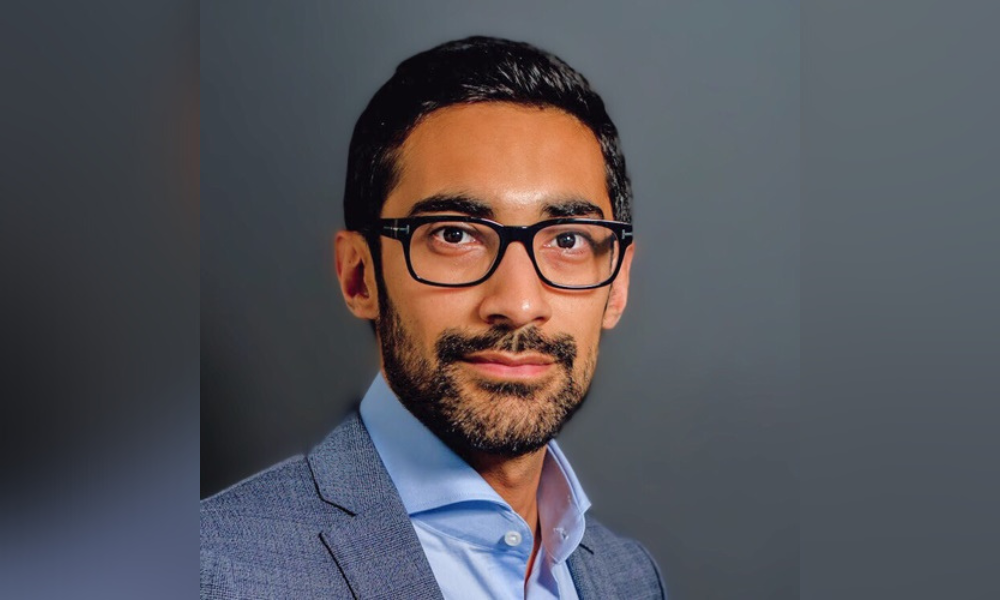Elite Lending senior partner on how a mortgage professional builds long-term value

Having entered the mortgage industry a decade and a half ago, Anish Pabari (pictured) of Elite Lending Corporation said that the know-how acquired only through lengthy experience provides a mortgage broker with invaluable tools.
Pabari started out in 2008 by selling high-interest mortgages at Wells Fargo, and then moved to TD after a few years before fully moving to the brokering side of the industry in 2014.
“Sales has been my career since my early 20s, and being in Vancouver where real estate provides one of the largest financial opportunities, I was bound to end up in real estate,” Pabari told Canadian Mortgage Professional.
This trajectory reinforced his specialities in B-lending and private lending.
“With math and numbers being strong assets of mine, mortgages seemed like an obvious option,” Pabari said. “I learned to make sure my team and I have relationships with all managers and underwriters in the B space. I also learn to understand businesses and financial statements, as well as build pertinent relationships with mortgage investment corporations and individual private lenders at all levels – from families with $500k HELOCs to rich investors lending $10 million or more annually.”
Considering how complex these interactions are, Pabari stressed that a broker should always be actively seeking out opportunities for continuing education.
“Mind a mortgage mentor,” Pabari said. “Educate yourself constantly on policies, lenders, rates, and market news. You will figure the rest out as you go along.”
Such strong foundations will help a mortgage business weather even the most serious crises, such as a global medical emergency.
“At Elite Lending, the most challenging time was at the beginning of the pandemic when things were at a standstill,” Pabari said. “There were new government rules coming out all the time, and a lot of people were scared. The way that we handled it was by coming together and getting proactive about an online strategy so our brokers could continue to learn and work with minimal disruption. Our weekly meetings and classroom training went into an online format as well.”
These conclaves are particularly valuable in “figuring out your team members’ zones of genius and using this to maximize output by allowing staff to do the activities that the company needs to get done,” Pabari said. This will help the team members find “the most joy and the gratification that they are the best at it. This also helped us figure out where we lacked as a team, and this allowed us to make better hiring decisions.”
This emphasis on the mortgage professional as a person is emblematic of Elite Lending’s focus on social responsibility, Pabari said.
“All the work Elite Cares, the giving arm of Elite Lending, has done over the years has highlights that include raising over $13,000 for the BC Children’s Hospital with multiple campaigns; regular scarf and sock drives during the Christmas season; donating $5,000 for Habitat for Humanity and having the team go to a site to build homes for underprivileged families; working with World Housing to donate $7,000 where the majority of our brokers gave up a portion of their pay per deal; and multiple soup kitchens courtesy of Elite Lending’s management team and brokers,” he outlined.
Diversity is another notable strength of this personalized collaborative approach, with Pabari noting that Elite Lending went “from an all boys’ club to an almost 50/50 ratio between our female and male brokers, along with the diversity in the group and the different backgrounds of people we have.”
“The numerous awards we have been nominated for and won helped us feel confident we were on the right path,” Pabari said. “We have gotten to the point at Elite Lending where the growth is organic and broker, as well as management, driven.”



